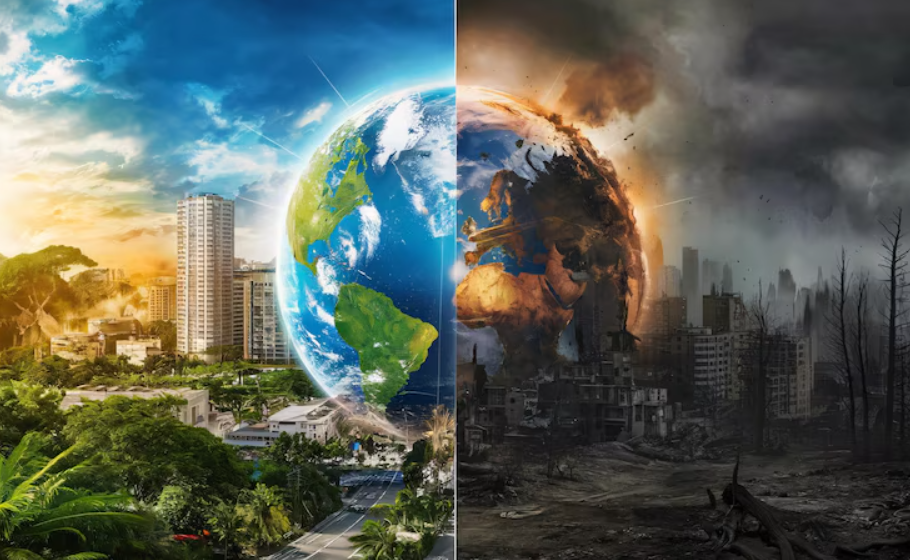The United Nations is currently grappling with a major liquidity crisis, raising alarms over its ability to sustain critical peacekeeping, humanitarian, and development operations across the globe. Nigeria, along with several other member states, is among the countries behind on annual financial contributions, intensifying the strain on the global body’s budget.
The UN’s Funding Model and the Shortfall
The UN’s operational budget depends heavily on timely mandatory assessments from its 193 member states. These assessments fund core functions, including peacekeeping missions, disaster response, health campaigns, and sustainable development projects.
As of mid-2024, the UN Secretariat revealed that over 80 countries have failed to meet their payment obligations for the regular budget, while several others, including Nigeria, are also lagging on peacekeeping dues. According to UN Secretary-General António Guterres, the organization has been “borrowing from reserves and shifting funds between programs” just to maintain essential services.
“The financial crisis is undermining our ability to deliver results. It is not a budget crisis it is a cash-flow crisis,” Guterres warned in a recent address to the General Assembly.
Nigeria’s Arrears and Impact
Nigeria, Africa’s most populous nation and one of the continent’s largest economies, has a long history of supporting multilateral institutions. However, in recent years, the country has struggled with economic instability—including currency devaluation, high inflation, and mounting debt which have all contributed to delayed financial commitments to international bodies like the UN.
Although exact figures of Nigeria’s outstanding contributions were not disclosed in the UN’s public financial statements, Nigeria is listed among countries with overdue payments for both the regular and peacekeeping budgets.
This delay raises concerns, especially considering Nigeria’s active involvement in regional peacekeeping missions, such as those in Sudan, Mali, and the Lake Chad Basin, and its reliance on UN agencies for humanitarian support in conflict-affected zones like Borno and Zamfara States.
Global Implications of the Funding Crisis
The UN’s financial instability is not merely an administrative issue it has concrete, global consequences. Delays in funding threaten:
-
Peacekeeping operations in hotspots like the Democratic Republic of Congo and South Sudan.
-
Humanitarian aid for over 300 million people in need of food, water, and shelter.
-
Support for climate adaptation, vaccination campaigns, and education programs in developing countries.
UN officials also warned that staff salaries, contracts, and local partnerships in several regions may be affected if the crisis persists.
“We are at risk of failing the people who need us most. The time to act is now,” said Catherine Pollard, UN Under-Secretary-General for Management Strategy.
Calls for Reform and Accountability
This funding bottleneck has also reignited debates about the equity and sustainability of the UN’s financing model. Many argue that wealthier nations must step up, while others, like Nigeria, are being urged to prioritize international obligations, even amid domestic economic challenges.
Policy experts have also recommended greater transparency in fund utilization, so that taxpayers and governments feel more confident about the impact of their contributions.
A Path Forward
For the UN to continue functioning as the world’s foremost platform for diplomacy, humanitarian aid, and sustainable development, urgent steps must be taken. Countries like Nigeria, despite internal fiscal difficulties, are being called upon to uphold their responsibilities as global citizens.
Without immediate resolution, the UN’s ability to respond to global crises from natural disasters to armed conflicts could be critically weakened.
As the world faces growing interdependence and complex challenges, timely funding from all nations big or small—remains not just a legal obligation, but a moral imperative.
Last Updated on June 13, 2025 by kingstar





